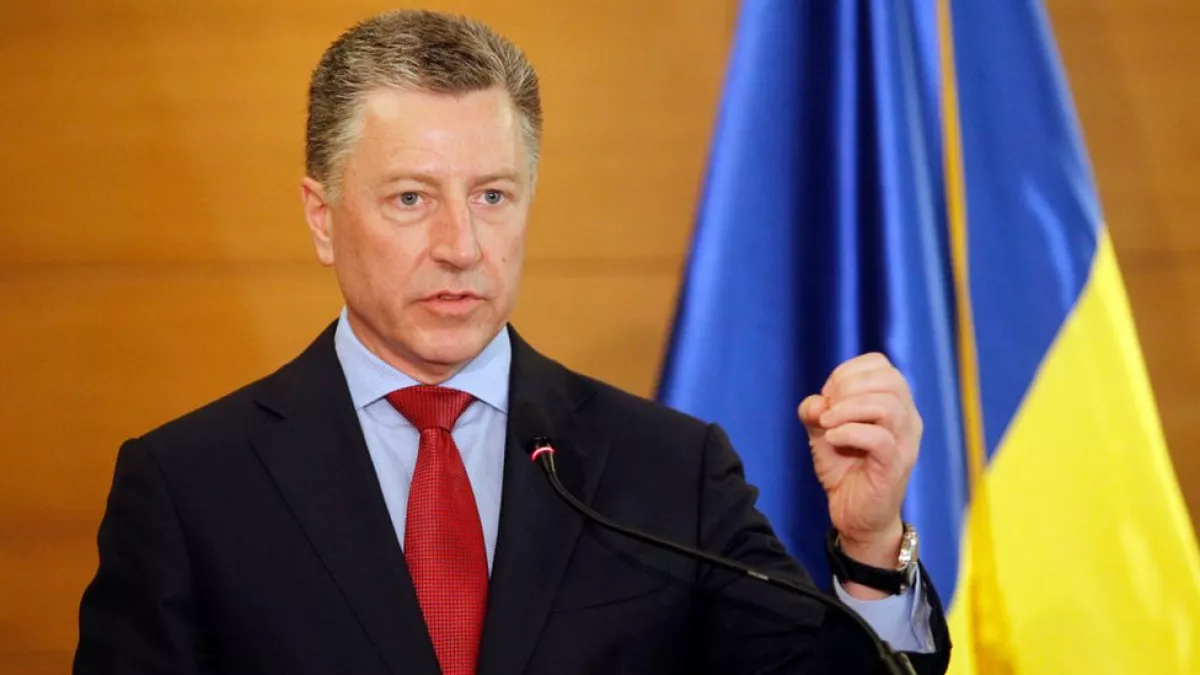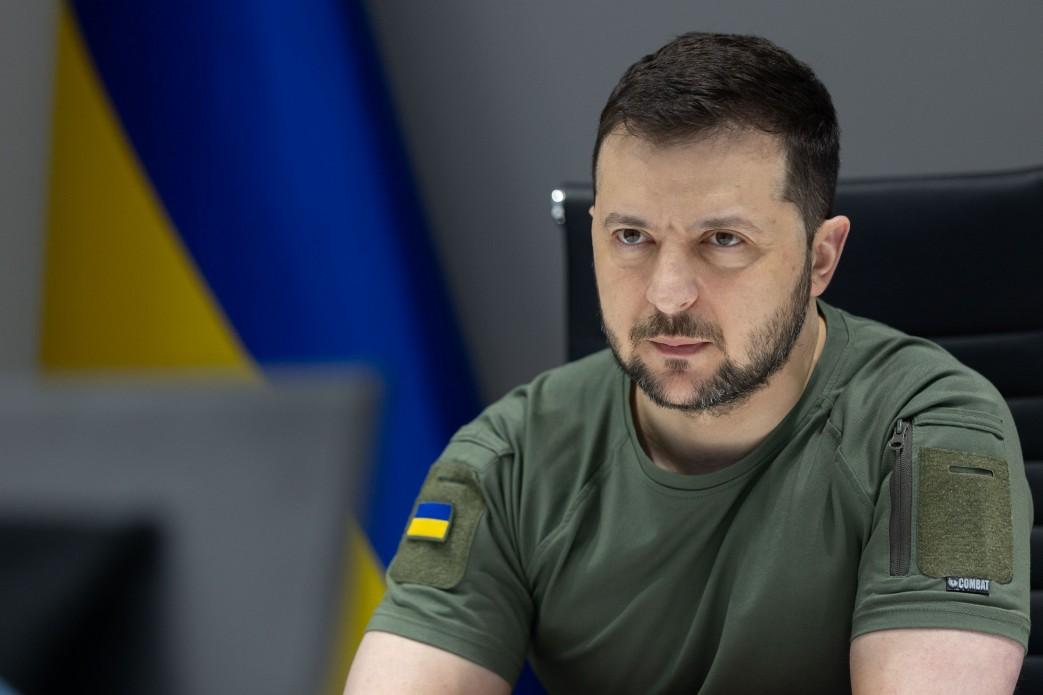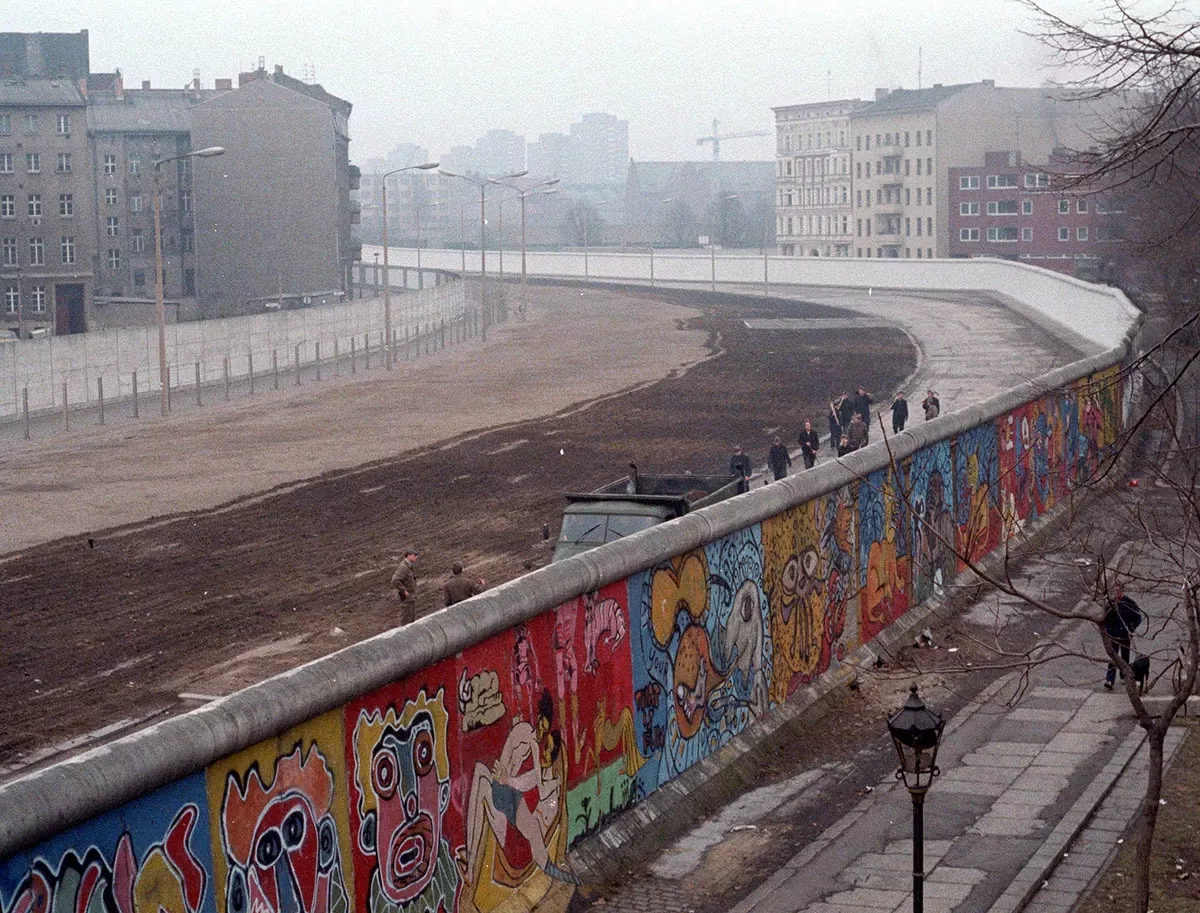Lessons for Ukraine and Western double standards Partition as a “compromise”?
The best compromise for Ukraine would be “an acknowledgement by Ukraine that they’re not going to take this [the territories seized by Russia] back by military means," stated Kurt Volker, former U.S. Special Representative for Ukraine, during an interview with the YouTube channel The Cipher Brief.
Volker pointed to post-World War II East Germany as an example of how a partition could be implemented. "While it was always in the German constitution that there would be a unification of all German lands, it was accepted that it was not going to be done militarily. And indeed, East Germany existed as an independent state. [That is] more than anyone is suggesting for Eastern Ukraine, but East Germany existed as an independent state for 40 years before Germany was unified again," he explained.
This was a profoundly cynical statement made by a retired American official who had long presented himself as a "friend of Ukraine." Moreover, it was an attempt at crude manipulation. The partition of Germany, first and foremost, occurred after its defeat in World War II, which was the price it paid for initiating that very war—a conflict that claimed tens of millions of lives across Europe and left countless cities and villages in ruins. Secondly, Germany's division was a direct result of the geopolitical confrontation between the USSR and the United States.
Ukraine, on the other hand, has not attacked anyone. Therefore, any attempt to compare it to a defeated Nazi Germany is shockingly cynical, deceitful, and entirely inappropriate.

On the other hand, this has always been the essence of Western policy—pursuing their own interests while disregarding the tragedies of the countries that placed their trust in them, often failing to fulfil their direct obligations. Let me remind you that last year marked 30 years since the signing of the Memorandum on Security Assurances in connection with Ukraine’s accession to the Treaty on the Non-Proliferation of Nuclear Weapons, also known as the Budapest Memorandum.
This document was meant to provide Ukraine with guarantees of security, sovereignty, and territorial integrity in exchange for relinquishing what was then the third-largest nuclear arsenal in the world. The memorandum was intended to be a significant step toward strengthening global nuclear disarmament and serve as an example for other states to abandon nuclear weapons.
Let us reiterate this clearly: under the Budapest Memorandum, the United States and the United Kingdom were guarantors of Ukraine’s security. Thus, the military and financial assistance they are providing to Ukraine today is not an act of charity but a direct obligation.
Let us now turn to statements made by Ukrainian President Volodymyr Zelenskyy. According to him, since the beginning of Russia’s invasion, the United States has allocated $177 billion to Ukraine. However, Ukraine has not received even half of these funds. Zelenskyy made this remark during an interview with American podcaster Lex Fridman, as shared in a video published by the Office of the President of Ukraine on January 5.
"If we take, for example, the money of the United States of America, during this entire time of this war, about 177 billion dollars have been voted or decided. Let’s be honest. We haven’t received half of this money," Zelenskyy stated.

He has also repeatedly complained about shortages of 155 mm artillery shells, anti-aircraft missiles, FPV drones, and other essential equipment that Ukraine cannot produce domestically and must request from its Western partners. Moreover, Zelensky has often admitted that Kyiv lacks sufficient weapons for newly formed brigades intended for deployment to the frontlines.
And there it is—something Kurt Volker will never discuss. He will also remain silent about how Western countries have frequently delayed military aid to Kyiv during the Russo-Ukrainian war, causing significant impacts on the battlefield. Nor will he mention that the White House has often shifted its stance on the strategy for supporting Ukraine—from pledging to support Kyiv "as long as it takes to achieve victory" to "as long as it takes to ensure Ukraine does not lose."
In the end, we hear Kurt Volker’s cynical musings, essentially proposing the partition of a country that Washington and London pledged to protect under the Budapest Memorandum. At the same time, Michael Waltz, a U.S. national security advisor to Donald Trump, has already stated in an interview with ABC News that the war in Ukraine should end through diplomatic negotiations, though it is unrealistic to expect that Russians can be expelled from all occupied territories.
"Everybody knows that this has to end somehow diplomatically. I just don’t think it’s realistic to say we are going to expel every Russian from every inch of Ukrainian soil, even Crimea. President Trump has acknowledged that reality, and I think it has been a huge step forward that the entire world is acknowledging that reality," he said.
This, in essence, was also a call for Kyiv to accept the abandonment of its territories.

Meanwhile, Ukraine is already losing ground on the frontlines. According to analysts from the DeepState portal, Russian forces continue to exert pressure on Ukrainian defence positions and are making incremental advances. Over the past day, Russian troops reportedly advanced in eight settlements in the Donetsk region, including Toretsk and Chasiv Yar.
"The enemy has advanced in Chasiv Yar, Toretsk, Yantarne, Novovasylivka, near Yelizavetivka, Zelenyi, Zverine, and Kotlyne," the report states. Based on the maps, Chasiv Yar and Toretsk are nearly completely captured by Russian forces—they have reached the northern outskirts, and these towns are now either almost entirely under occupier control or in a grey zone.
These are the harsh realities that once again demonstrate that no one should place too much hope in the West when it comes to safeguarding territorial integrity.
Against this backdrop, it is once again important to acknowledge the wisdom of the course chosen by Azerbaijani President Ilham Aliyev, which emphasizes reliance on one’s own strengths. Azerbaijan has shown the world how to defend its national interests, how to restore its sovereignty and territorial integrity. This must be done by relying solely on oneself, on one’s own strategy for protecting national interests, rather than placing trust in Western countries that, for their own goals, are easily willing to abandon their officially signed commitments and even lobby for the division of independent nations...








